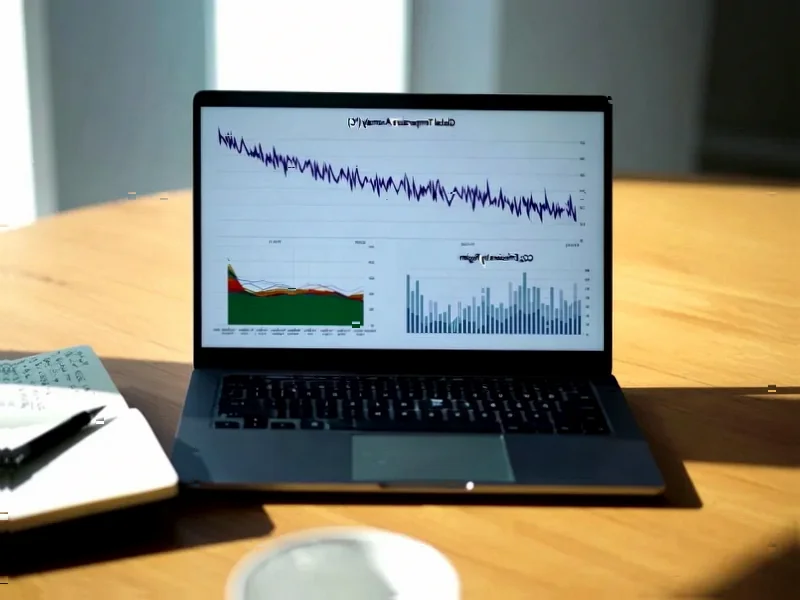According to Digital Trends, Apple’s third beta of iOS 26.2 includes code that will allow iPhone users in Japan to replace Siri with third-party voice assistants as the default option triggered by the side button. The upcoming iOS version, scheduled for stable rollout in December 2025, will let users change which assistant launches when they long-press the side or Action button. Apple confirmed this through a new Developer blog post explaining how developers can use the App Intents framework to let users “place an action on the side button of the iPhone that instantly launches” their voice-based conversational apps. This marks the first time Apple has allowed regional users to change the default assistant invocation method, driven by Japan’s Mobile Software Competition Act pushing for more user choice.
Why This Actually Matters
Look, we’ve been waiting for this moment for years. Apple has famously maintained an iron grip on system-level defaults, and the assistant has been one of their most sacred cows. But here’s the thing: Japan’s regulatory pressure is finally forcing their hand. This isn’t some voluntary act of generosity—it’s compliance. And that’s actually good news for the rest of us.
Think about it: if Apple bends in Japan, other regions will demand the same treatment. The European Union has been particularly aggressive about forcing Apple to open up its ecosystem. Basically, once this door gets opened, it’s really hard to close it again. For developers of voice assistants like Google’s Gemini, Amazon’s Alexa, or even ChatGPT, this represents a massive opportunity to become truly integrated into the iPhone experience rather than being relegated to app status.
The Real Catch
Now, let’s talk about the limitations. First, it’s Japan-only initially. Second, it’s only coming with iOS 26.2, which means we’re looking at December 2025 before anyone actually gets this feature. That’s a long wait for something that feels like it should have been available years ago.
And here’s my skepticism: how seamless will this actually be? Apple’s developer documentation talks about “launching your voice-based conversational app,” but will these third-party assistants have the same system-level access that Siri enjoys? Can they control HomeKit devices, set alarms, or make payments? Or will they be glorified app launchers with better AI? The devil is always in the implementation details with Apple.
What Comes Next
So what does this mean for the average iPhone user? If you’re outside Japan, don’t hold your breath for immediate changes. But this does signal that Apple’s walled garden is getting more doors. The company is clearly preparing for a future where they have to allow more user choice, whether they want to or not.
Remember when Apple fought tooth and nail against third-party app stores? Now they’re rolling them out in Europe. This assistant change feels like the next domino to fall. The question is: will users actually switch from Siri? After years of frustration, many people have simply given up on voice assistants altogether. Maybe better alternatives will bring them back.
One thing’s for sure—this development shows that even the most entrenched defaults aren’t safe from regulatory pressure and user demand. And that’s ultimately good for everyone who wants their phone to work exactly how they prefer.




